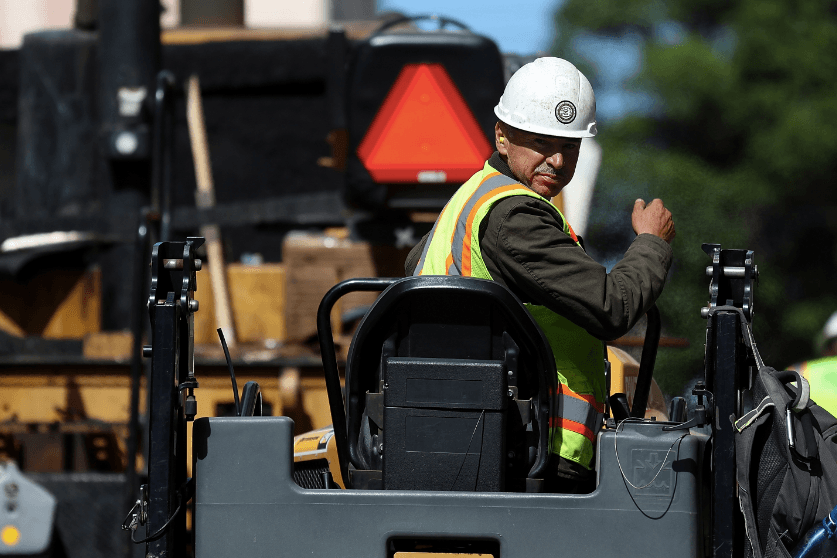Some $200 billion was approved by the Biden administration for 23,000 infrastructures in 4,500 jurisdictions around the country in 2022.
The spending was authorized by the Infrastructure Investment and Jobs Act, a $1.2 trillion spending program passed by Congress in 2021 to fund transportation and road projects, broadband access, clean water, and renewal of the nation’s electric grid.





